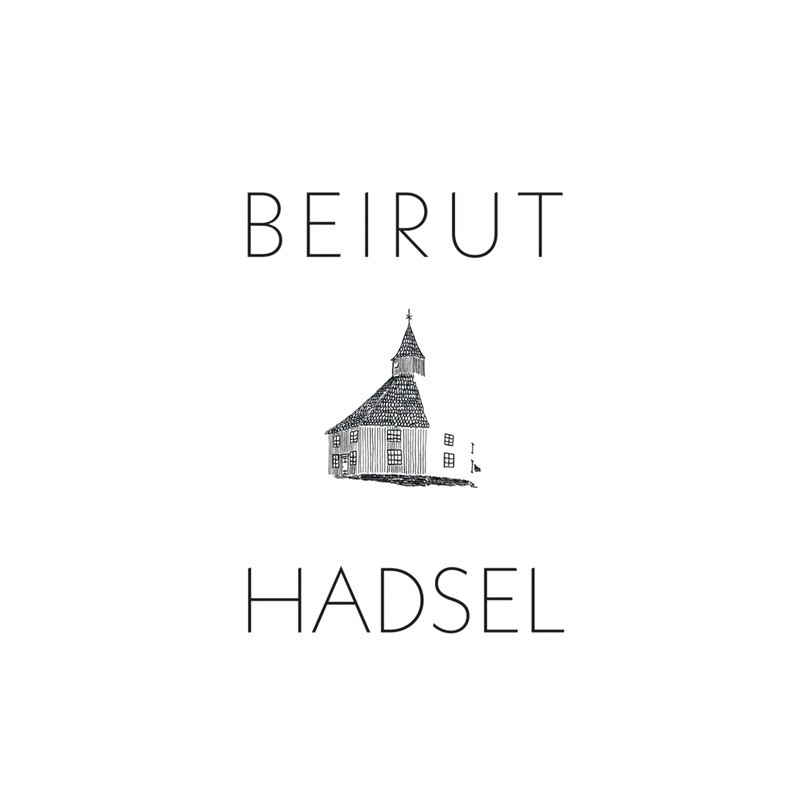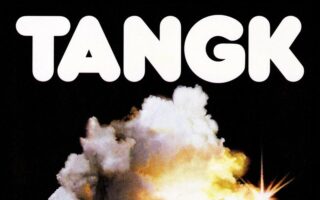
Relocation brings a new beginning for Beirut.
At times it feels overwhelming.
Thanks admittedly to the pressures artists are put under to be omnipresent across social they can seem to be in always your face, so much so that it doesn’t feel unreasonable to suspect a few of them might pop up when you step out of the shower.
Zac Condon’s last album as Beirut was 2019’s Gallipoli. Like him, many have taken their time to come back out blinking into the sunshine of the unbrave post-pandemic world for all sorts of different reasons, both personal and professional.
In his case the gap was filled partially with a relocation in early 2020 to the island of Hadsel, far up in the northern part of Norway, a decision which became effectively a self-imposed lockdown.
In amongst the fantastical weather, Condon met a collector and fellow organ enthusiast named Oddvar whilst at the same time more bleakly in solitude he faced into, ‘stumbling blindly through my own mental collapse that I had been pushing aside since I was a teenager’.
A man who travels extensively, if there’s always been a strong undertow that both Condon’s music tourism and tourism tourism are two sides of the same escapist coin, Hadsel is esoteric without shutting itself off to the point of irrelevance.
The self-titled opener introduces some of the juxtapositions, with sounds you might expect to hear from a pew bolstered by an angelic French Horn and the singer’s voice crooning gently, the effect not so much in the form of a sermon but more that of an icy prayer.
Wise enough to let the Arctic Circle’s light and weather extremes only partially inform his compositions (although titles like Arctic Forest and Stokmarknes give listeners few causes for doubt), the tapestry effect was bolstered by instruments such as layered hand drums, shakers, old drum machines and some later added modular synth.
Also on show is how, in the hands of a polymath, an instrument show different sides of itself. On Baion for example the intricate, jazz infused guitar and elegant piano are given an infusion of horn-warmth that renders the song almost tropical, whilst the wheezy accordion of Melbu allows the instrumental to settle in on its chair, a story being told of which the missing words are the least compelling part.
In this ying and yang the arcane sometimes triumphs, with the organic waltz of Süddeutsches Ton-Bild-Studio dissolving only at the end into an Aurora-esque panoply of light, whilst on the under-washed brass and ersatz bossa of closing track Regulatory the sun appears partially on a wall as if signalling that whatever lonely excursion had begun, it was now over.
Even when things are clear – Condon’s mournful voice often lies somewhere between Villagers’ Conor O’Brien and a youthful Edwyn Collins – on songs like The Tern ambiguity still lives in lines like: ‘Good Lord/I’m not so easier/I’m not so easiеr.’
He’s at his most effusive however on So Many Plans, a gentle carousing of which he says: ‘Struck a balance between the feelings of acceptance, hope and giving up…the lyric came from a covid-times lament that rolled effortlessly into a kind of short lullaby.’
In retreat, as an artist Zach Condon’s return will seem obtuse to some, but Hadsel’s exploration of midnight suns and inner space has charm enough to allow its contrivances to be set aside.
Wherever the woolly hat is laid, that’s his home.


